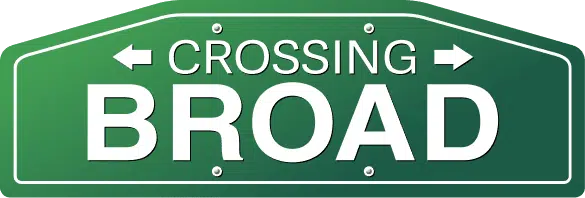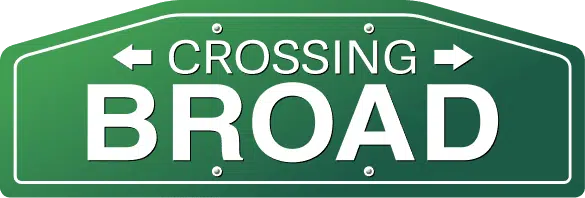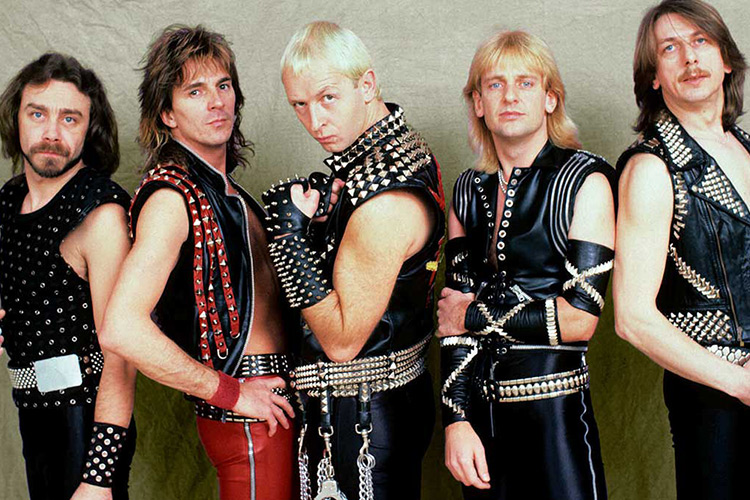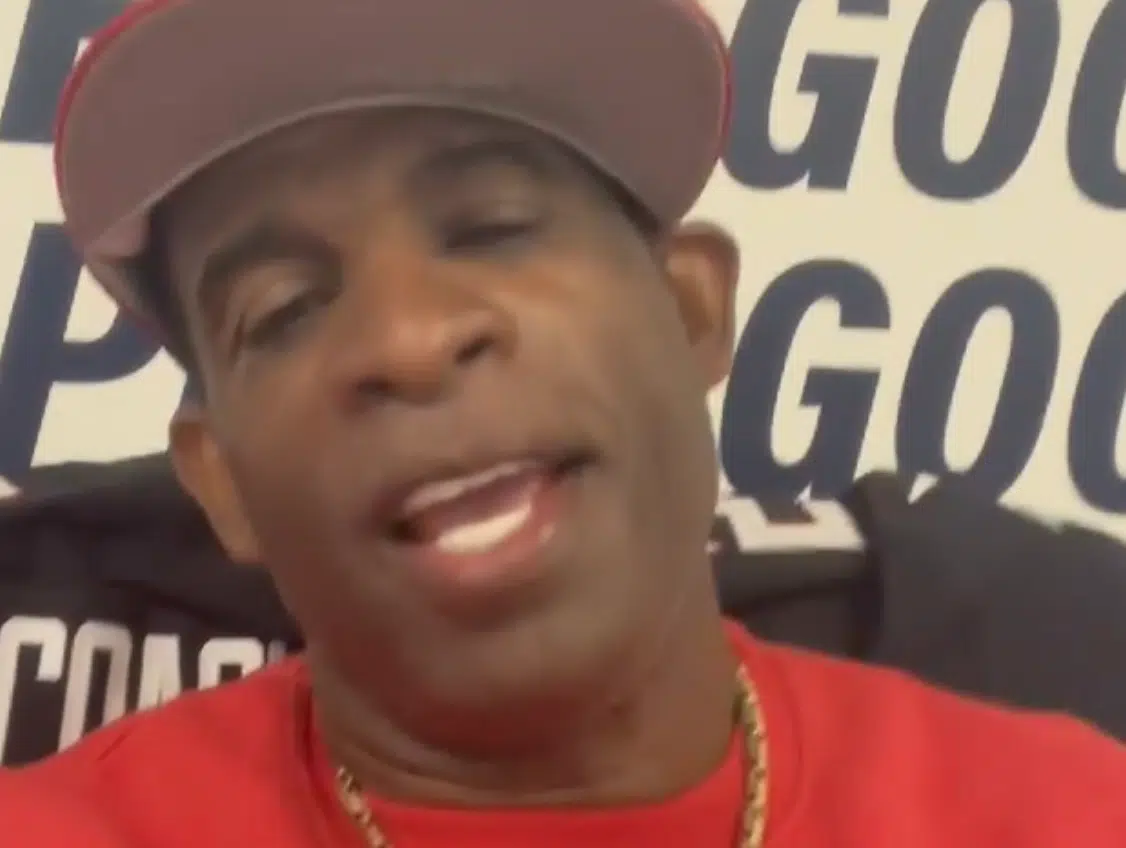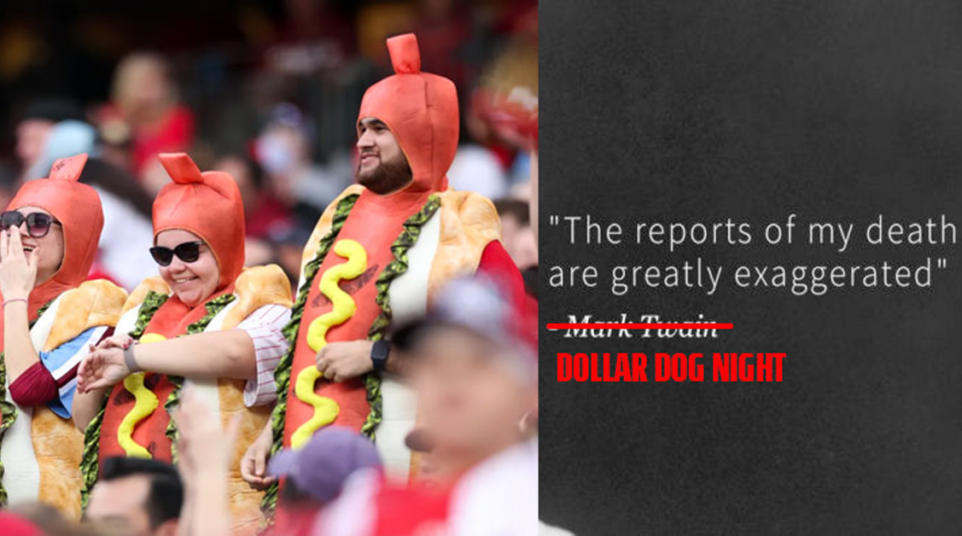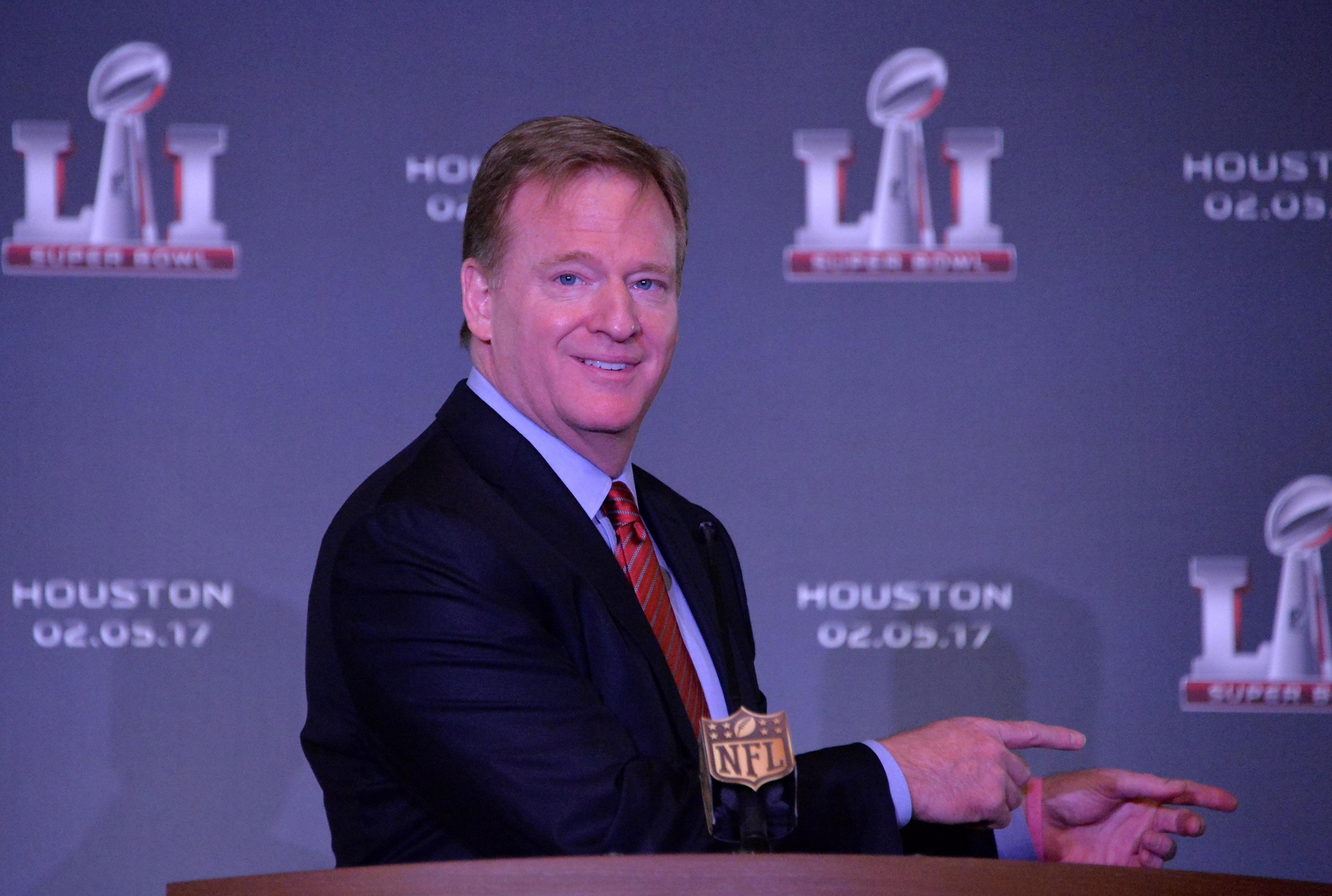
This Letter from NFL Lawyers to the NY Times Is Brilliant
You may remember the New York Times story last week on the NFL getting (engineering?) favorable results from its concussion study. In the piece, the NY Times alleged, rather circumstantially, that the NFL used big-tobacco tactics to fight the legal and public opinion battle regarding concussions in football. [At the time I thought some of ties were leaps, but perhaps got caught up in the mob mentality, writing: “A lot of the ties are circumstantial, and some feel like a reach, but there’s certainly enough evidence to show the league at least used some of the same tactics.”] In a letter yesterday, the NFL responded, demanding a retraction and claiming that the NY Times used willfully misleading headlines and innuendo essentially for page views. Try not to get singed from reading this heat:
The other supposed support for the false headline asserting “ties” to the tobacco industry is limited to the following “evidence”: (1) that the League hired a junior litigation associate from its long-time outside law firm, who, among a wide range of other matters, had worked on a piece of litigation for the Tobacco Institute—a fact unknown to the people who hired her; (2) that the League hired an unnamed “company” whose client list included the tobacco industry (the Times did not disclose, but its reporters knew, that the “company” in question was the Stanford Research Institute, a prestigious research organization with a long list of blue chip corporate, government and charitable foundation clients); (3) that an NFL employee had a long friendship with someone who, years after they met, went to work for the Tobacco Institute; and (4) that an NFL executive previously worked for an advertising agency that worked with tobacco company clients, among many other clients.
That, literally, is the entire “evidentiary” support for the Times”s false and defamatory charge of “ties” between Big Tobacco and the NFL.
…
Tossing around unsubstantiated allegations of links between an industry and Big Tobacco is reckless and dangerous. Like all broad-brush attacks, it undermines reasoned, fact-based debate. The Big Tobacco smear is especially pernicious and unfair because the truth is that there are few institutions in American life that do not have some intersection with the tobacco industry at some point, however devoid of meaning. And the Times itself should be well aware of this reality.
Let us offer an example: The NFL did a search of the fourteen million documents from the Tobacco Litigation archives available to the public (we believe this was the same methodology used by the Times in its NFL reporting) and found significant “connections” between the Times and the tobacco industry—connections far more concrete than the phantom connections contrived by the Times purporting to “tie” the NFL to the tobacco industry.
Among other connections, the NFL found interlocking board memberships between the Times and Philip Morris; Times directors who had been partners at law firms that defended tobacco companies; Times directors who were connected with research firms that did studies for Big Tobacco; and a fundraising letter to the Tobacco Institute asking for the purchase of a $25,000 table at an event chaired by the Times publisher. And that does not include the over one hundred million dollars in tobacco advertising the Times accepted long after the Surgeon General first warned of the link between smoking and premature death. The NFL also is aware of a highly respected Washington consultant who has done extensive work for the tobacco industry, the NFL, and the Times.
Devastation. That is a brilliant rebuttal. Just excellent. It’s almost like the NFL has good lawyers or something.
I’m gonna go ahead and side with the NFL here. Seems to me, at least in regards to the big-tobacco ties – which may or may not be real – the NY Times’ witch hunt turned up very little and they ran with it anyway.
Read the full letter.
